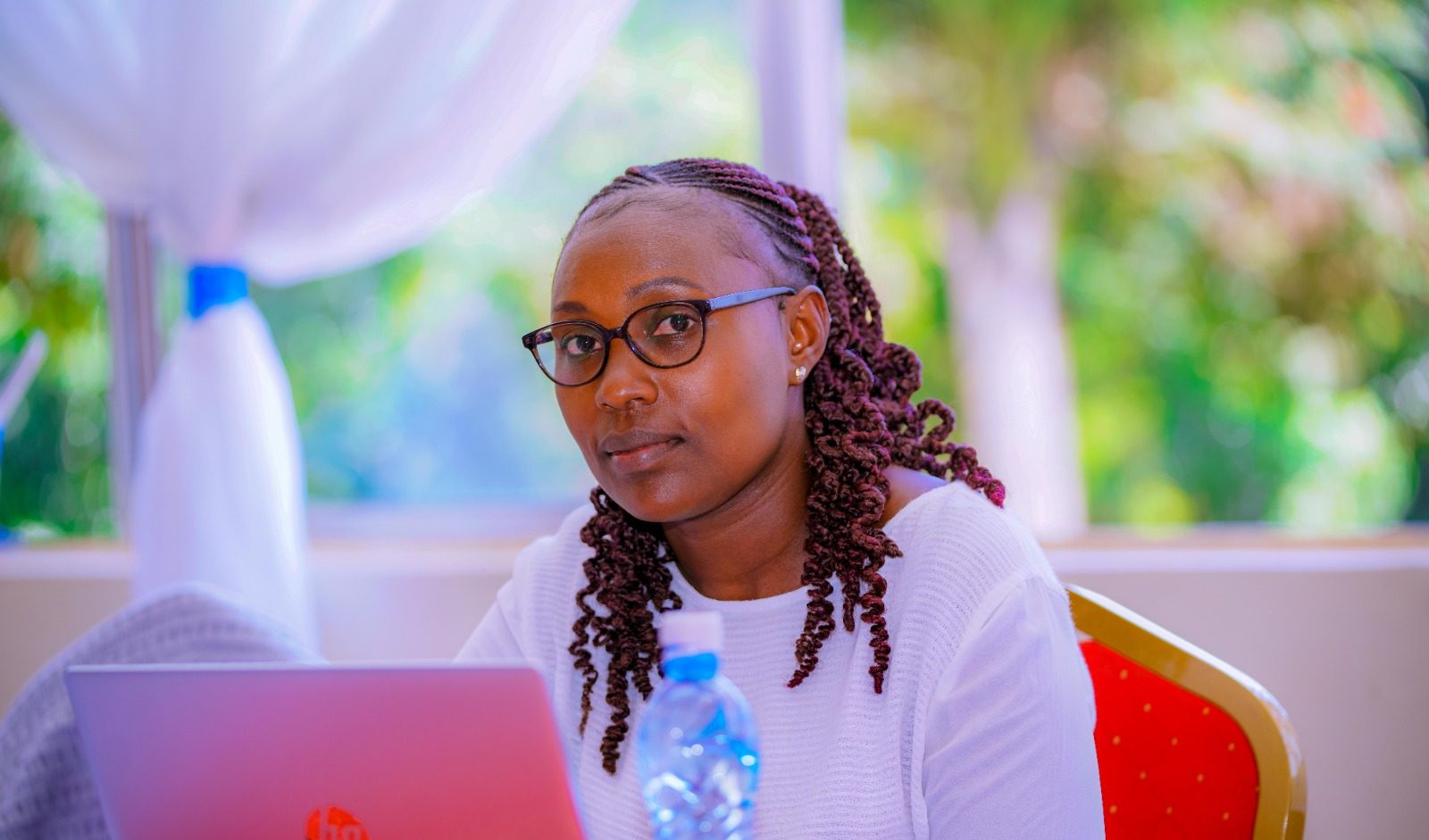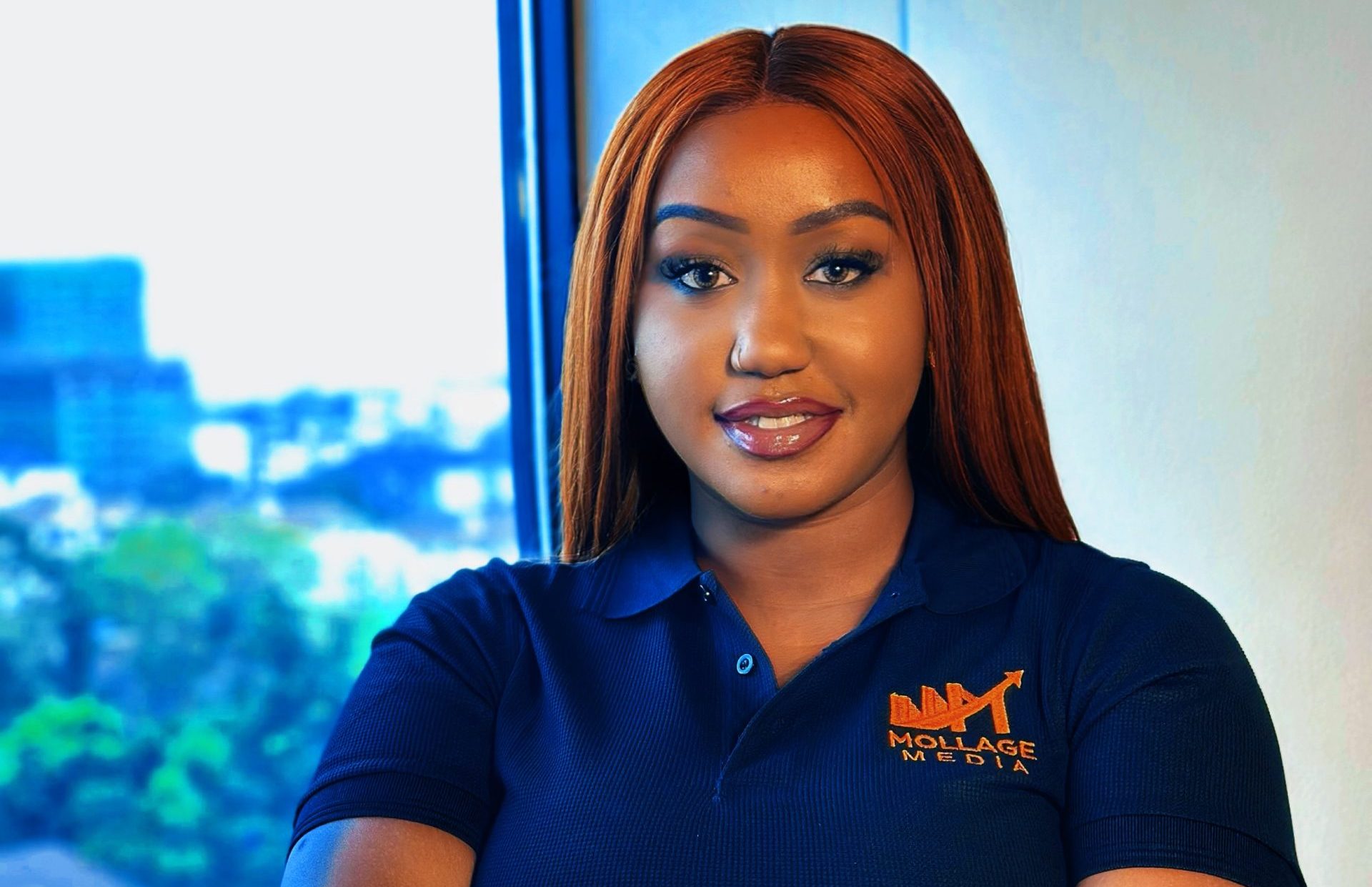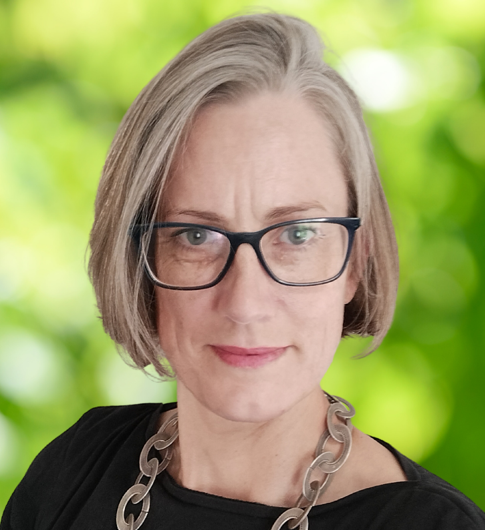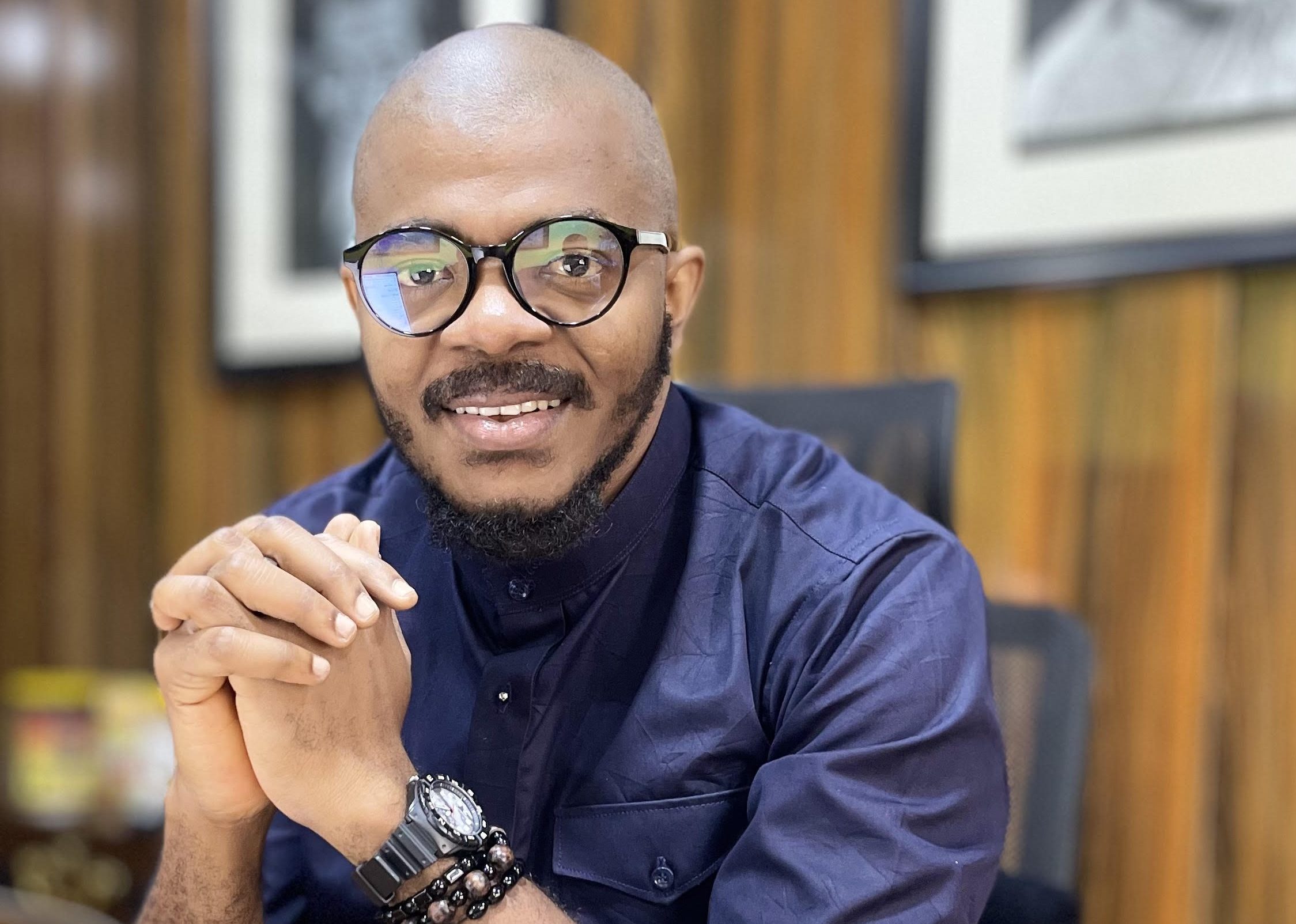Lucian Mue is the Senior Communications Officer at the Kenya Copyright Board (KECOBO), with over 10 years of experience in communication and public relations. She holds a Diploma in Public Relations, a Bachelor’s Degree in Communication, and a Master’s Degree in Journalism and Media Studies. Lucian is passionate about strategic communication and promoting awareness on intellectual property rights in Kenya.
How did your career in Communications begin and how have you grown professionally over the years?
My career in Communications began about fifteen years ago at the Kenya Copyright Board (KECOBO), where I joined as a young public relations professional armed with a diploma in Public Relations. At the time, the Board had just transitioned from a government ministry to a State Corporation and did not yet have a dedicated communications department.
I saw an opportunity to enhance the organisation’s visibility by telling its story and profiling creatives within the copyright space. To fill this gap, I began developing small internal publications for the Board, an initiative that eventually led to the creation of Copyright News, the Board’s official newsletter.
I remain grateful to Dr. Marisella Ouma, then the CEO of KECOBO, whose mentorship and encouragement played a pivotal role in shaping my early career. She supported my efforts and provided invaluable guidance that helped me successfully publish Copyright News, which became a cornerstone of the Board’s communication efforts.
Over the years, I have evolved from a content creator to a strategic communicator, overseeing the development and execution of communication strategies, public awareness campaigns, and stakeholder engagement programs. Continuous learning and mentorship have been key pillars in my growth.
I have complemented my experience with a Bachelor’s degree in Communication and a Master’s degree in Journalism and Media Studies, which have deepened my understanding of communication as both an art and a science. In addition, I have attended a Senior Management Course at the Kenya School of Government, which enhanced my leadership, strategic planning, and decision-making skills preparing me to contribute more effectively at both departmental and institutional levels.
Tell us about your role as the Senior Communications Officer at the Kenya Copyright Board.
As the Senior Communications Officer, I lead the development and implementation of the Board’s communication strategy. My role involves managing media relations, coordinating awareness and outreach campaigns, curating digital content, and ensuring consistency in messaging across all communication channels. Among the initiatives I have been part of are the production of
documentaries, capacity-building trainings, and the management and growth of the Board’s social media platforms, which have steadily gained reach and engagement over the years. I also coordinate the Board’s Corporate Social Responsibility (CSR) activities — initiatives that strengthen community relationships while reinforcing the Board’s commitment to social impact. Beyond my core communication duties, I actively participate in various internal committees, where I take on additional leadership responsibilities.
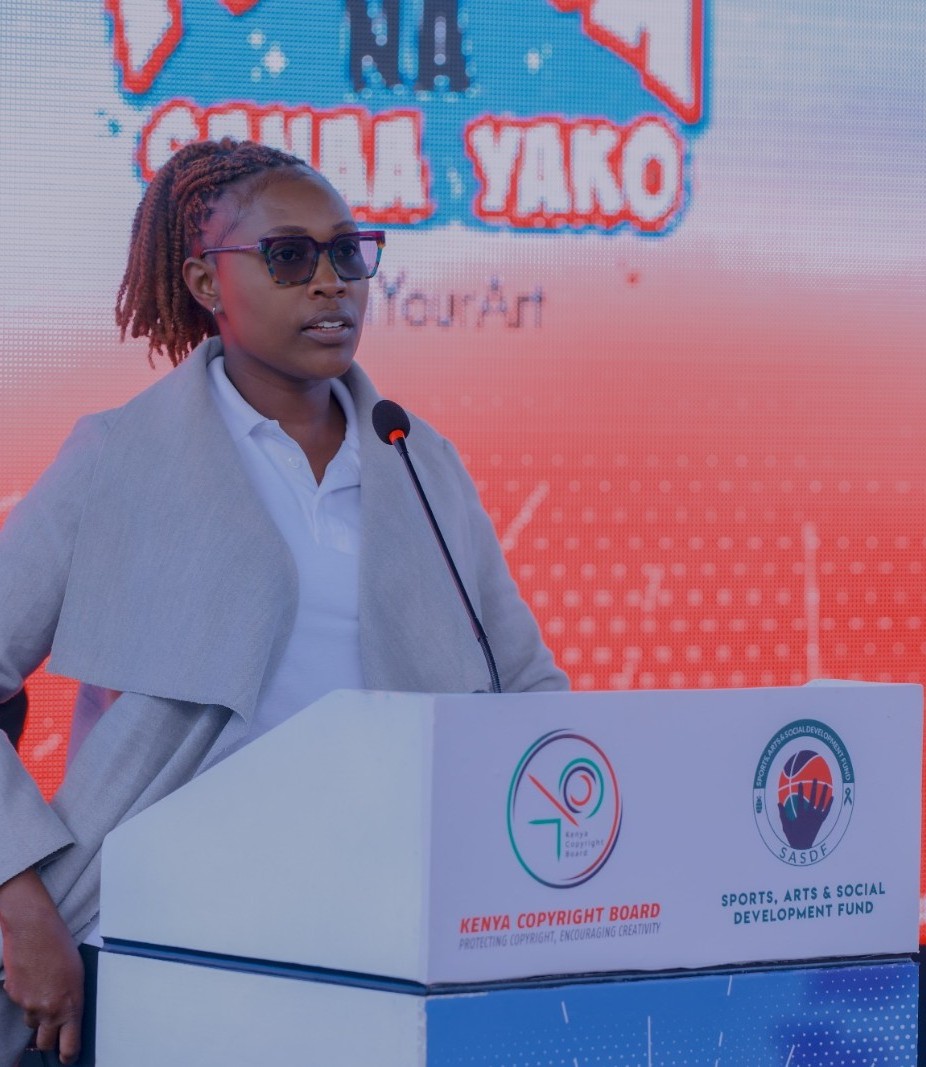
Can you tell us about a project you’ve worked on that has been very rewarding for you in your career, and why?
One of the most fulfilling projects I have worked on is Faidika na Sanaa Yako (Own Your Art) a nationwide copyright awareness and enforcement campaign. The programme brings together creatives, enforcement officers, and key partners to strengthen understanding and respect for intellectual property rights.
It has been especially rewarding to witness the transformation of creatives who, after participating in the training, begin to take ownership of their rights, register their works, and advocate for copyright protection within their own communities. This project affirms the power of communication in creating awareness, influencing behavior, and driving meaningful change.
What key skills do you believe are essential for a successful Communications career?
A successful career in Communications requires a balance of creativity, strategic thinking, adaptability, and strong writing skills. In today’s dynamic media landscape, digital literacy and data interpretation have also become indispensable.
Beyond technical skills, interpersonal and emotional intelligence are equally vital. The ability to listen, collaborate, and communicate with empathy determines how effectively one can build trust and foster relationships. Ultimately, authenticity and integrity remain the foundation of impactful communication.
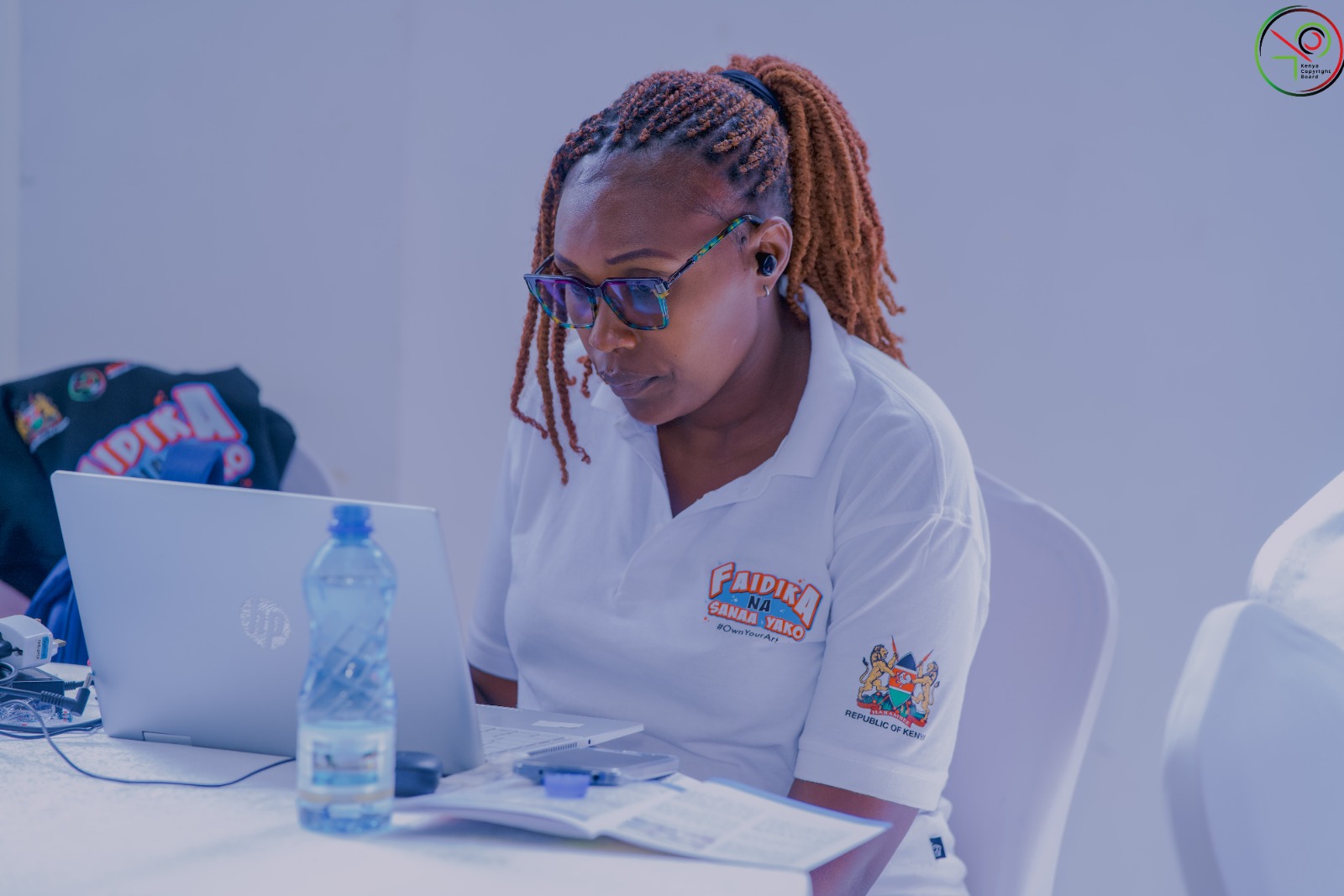
Thinking back to your early days in Communications, what are some things that surprise you about the industry today?
When I began my career, communication was largely defined by traditional media, press releases, newsletters, and physical events. Today, the industry has been completely transformed by digital platforms, real-time engagement, and data-driven storytelling. What surprises me most is how communication has evolved from a purely support function into a strategic pillar of organisational success.
The profession now sits at the heart of decision-making, reputation management, and stakeholder engagement. The rise of artificial intelligence (AI) has also revolutionised the field, from automating content generation and analysing audience data to enhancing personalisation and engagement.
While AI has improved efficiency and creativity, it also challenges communicators to maintain authenticity, ethics, and the human touch that builds trust. The pace of technological change continues to challenge communicators to be more agile, innovative, and forward-thinking.
What advice would you give to your younger professional self?
I would tell my younger self to trust the process and embrace every opportunity to learn. Growth takes time, and each challenge presents a lesson that shapes your professional journey. I would also emphasise the importance of mentorship and networking, learning from others and sharing knowledge with those coming after you. Most importantly, I would remind myself that communication has the power to transform societies. The stories you tell matter, so tell them with purpose, clarity, and conviction.
Communication is more than just the exchange of information — it is the bridge that connects people, ideas, and purpose. As communicators, our greatest impact lies not only in what we say, but in how we make others feel, understand, and act. Every story told with integrity has the power to inspire change, and that is what continues to drive my passion for this profession.

